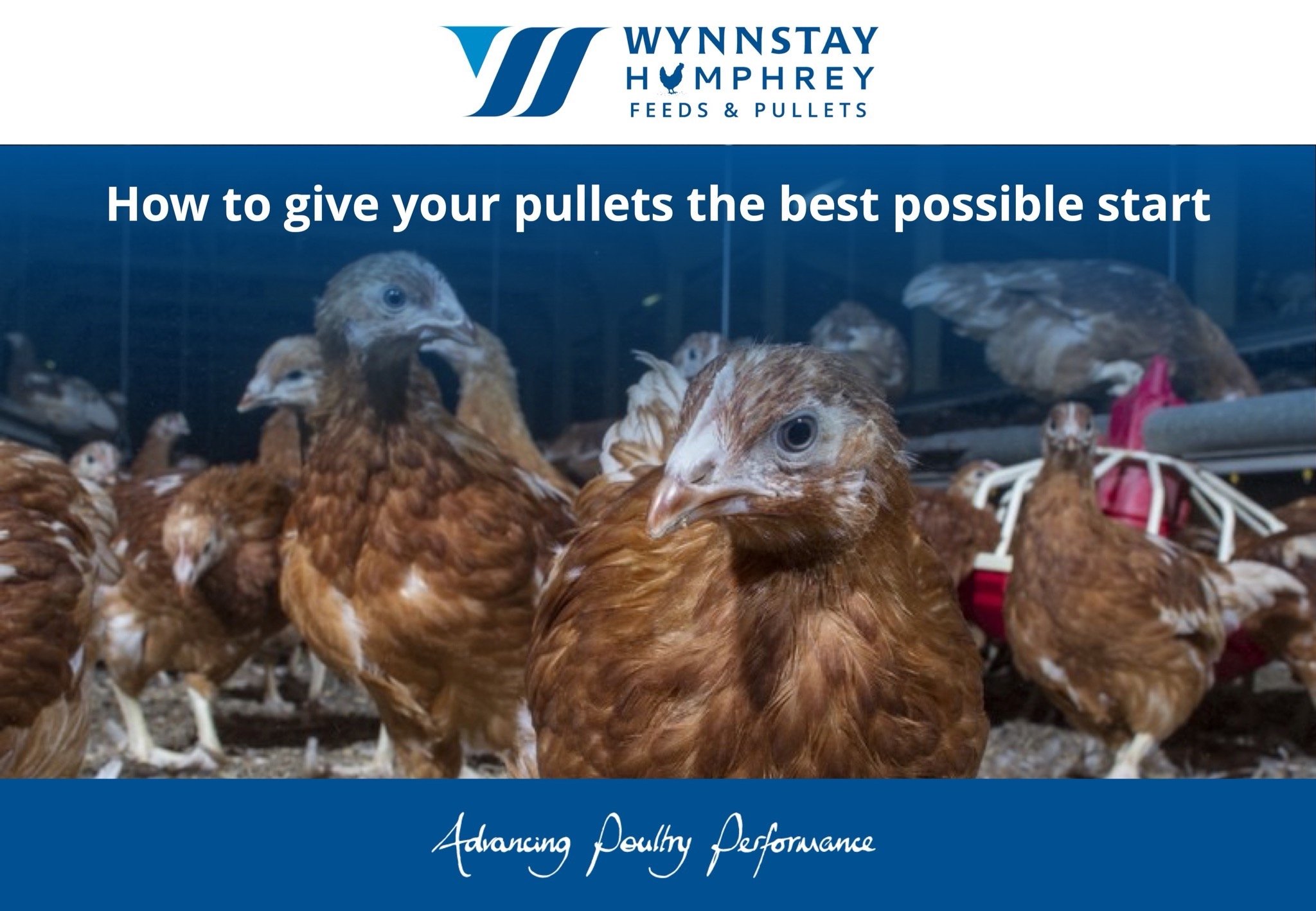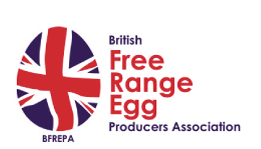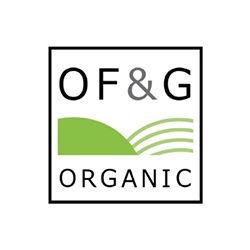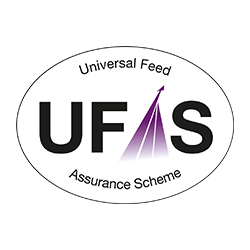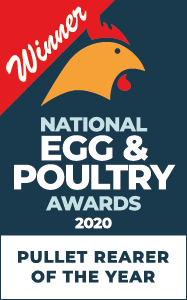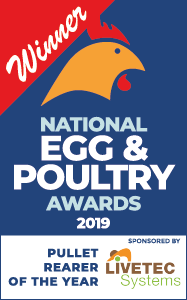Joe Dilibero, working farm manager at Benham Estate, West Berkshire, says a fresh approach to feeding has increased feather cover and reduced seconds and mortality.
The 6,500-acre Sir Richard Sutton Limited Benham Estate is home to 30,000 British Blacktail hens, 1,000 breeding ewes, a store cattle enterprise and a combinable crop arable enterprise.
Day to day operations are overseen by working farm manager Joe Dilibero who is keen to drive productivity across its diverse enterprises.
“It’s important that we’re looking to the future and thinking about what we can do to safeguard and increase the resilience of our farming businesses. The estate diversified into organic egg production around 12 years ago to meet growing market demand for speciality eggs – and has continued to grow” he said.
The Benham Estate is now home to 30,000 organic hens across two sites with all eggs supplied to Stonegate, and three ages of flocks are housed in 15 Halo mobile sheds with Jansen internal fittings.
“We’re really pleased with how the laying sites integrate into the wider estate plan. Having diverse enterprises which complement each other is all part of our overall goal to increase resilience and profitability.
“Organic egg production forms a vital part of vision for the estate – which is to drive productivity and achieve profitability without subsidies. But it hasn’t always been plain sailing,” he said.
Challenges
In September 2017 egg production had fallen beneath the breed target, with the flock experiencing irregular egg sizes and poor shell quality.
“We investigated numerous causes and one of the actions we decided to take was switching the feed from pellet to mash,” Joe explained.
“Pellets are easier and cleaner to handle and do contain the full range of nutrients that a hen requires.
“However, birds eat pellets more quickly compared with mash which means they can eat more, approximately 5g per bird per day, leading to uncontrolled egg size and bird welfare issues.”
Although mash does have additional cost benefits over pellets, the change was made predominantly so that the feed would take longer for the birds to eat, resulting in happier, calmer birds, greater control of egg size, and a reduced likelihood of feather pecking.
“We were feeding a pellet because our previous feed supplier couldn’t easily produce the right grist quality for our mash,” Joe explained.
“But Humphrey Feeds & Pullets’ organic mash was trialed as an alternative.”
After a sampling period, the management team decided to make the switch, with the added benefit of the advice and support provided by their local poultry specialist, David Hope.
David and Joe monitored the changes, assessing the bird’s behaviour to ensure the birds were clearing out the track once a day rather than selective feeding.
The new mash was introduced at week 54. For the first few weeks a half pellet, half mash ration was supplied to gradually introduce the change to the birds. The improvement in productivity was rapid, returning to the breed target by week 62.
“The care that goes into milling the mash is important in order to ensure the feed is more desirable to the birds,” explains David.
“Humphrey Feeds & Pullets is able to produce an organic mash grist which is attractive to the birds and encourages feed intake, whilst supporting welfare by preventing excessive egg sizes.”
Humphrey Feeds & Pullets Poultry Specialist, David Hope
Working in partnership
A graduate of Harper Adams University, David has 13 years’ experience in the free range and organic sectors and now provides on-farm customer support to producers across central England for Humphrey Feeds and Pullets.
David visits the two sites regularly to observe, monitor and record what is happening in the houses, and then provides feedback to Joe. From arrival at 16 weeks, David monitors birds weight to ensure they are meeting growth targets and at 30 weeks he starts recording average egg weights.
Joe’s target is to maintain an average egg weight of 64g to optimize profitability and bird welfare.
“Proactive management and frequent data review are the keys to staying one step ahead and maintaining productivity levels,” David said.
David weighs six stacks of eggs from each of Joe’s 12 houses for accurate averages and, along with production data, is able to identify when and where issues arise.
David’s philosophy is simple: “You can’t manage what you can’t measure, so to me the key is to measure everything!
“It’s no good waiting for two weeks after seeing the data before acting,” said David. “I analyse the figures immediately and discuss the forward strategy with Joe, and Joe acts on it.”
“We have a range of over 40 organic layer diets designed to meet the specific needs of the flock at the different stages of their production,” said David, “and so can let the birds lead us in making the appropriate decisions, by introducing subtle alterations to the feed without them detecting a difference.”
Joe and David also monitor water usage, mortality rates and check for health indicators such as worms, red mite and feather cover.
Consistent productivity improvements
Since making the switch to a new feed supplier, productivity has continued to improve with weekly egg production well above target for all flocks. This has been accompanied by fewer seconds, controlled egg size and better shell quality.
“Sometimes you need an extra pair of eyes so you can see more clearly what’s going on,” said Joe.
“David’s expertise is invaluable, and he has been a great support, seeing problems in the houses and enabling us to take actions quickly to solve any issues.
“Since switching to Humphrey Feeds & Pullets the last three flocks have been our best.”
If you would like to find out more about how Humphrey Feeds and Pullets can help you optimise the laying performance of your flock please contact us on 01962 764 555 or email enquiries@hfandp.co.uk.





